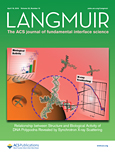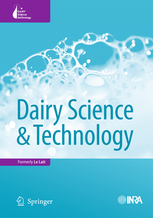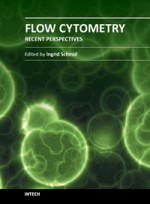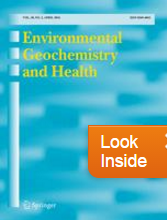A pair of chemical engineers has retracted a paper after another researcher was unable to replicate their work, in a case that we consider an example of doing the right thing.
Dennis Prieve, at Carnegie Mellon University, was interested in applying the paper — on how systems of molecules known as “reverse micelles” conduct electrical charge — to his own work, but was having trouble repeating the calculations. So Prieve contacted the authors — John Berg and his PhD student Edward Michor, based at the University of Washington — who supplied him with their original data.
It took several weeks of back and forth to figure out the problem, Michor told us, as the paper was published in 2012, so he had to decipher his old notes. When they found that several incorrect values were used in the paper, the authors issued a retraction notice, published in March:
Continue reading Doing the right thing: Authors share data, retract when colleague finds error



 A publisher has retracted a chapter from a book on flow cytometry after determining the authors plagiarized some material — but noted that because the authors cited the article they lifted from, they likely acted “in good faith.”
A publisher has retracted a chapter from a book on flow cytometry after determining the authors plagiarized some material — but noted that because the authors cited the article they lifted from, they likely acted “in good faith.”




